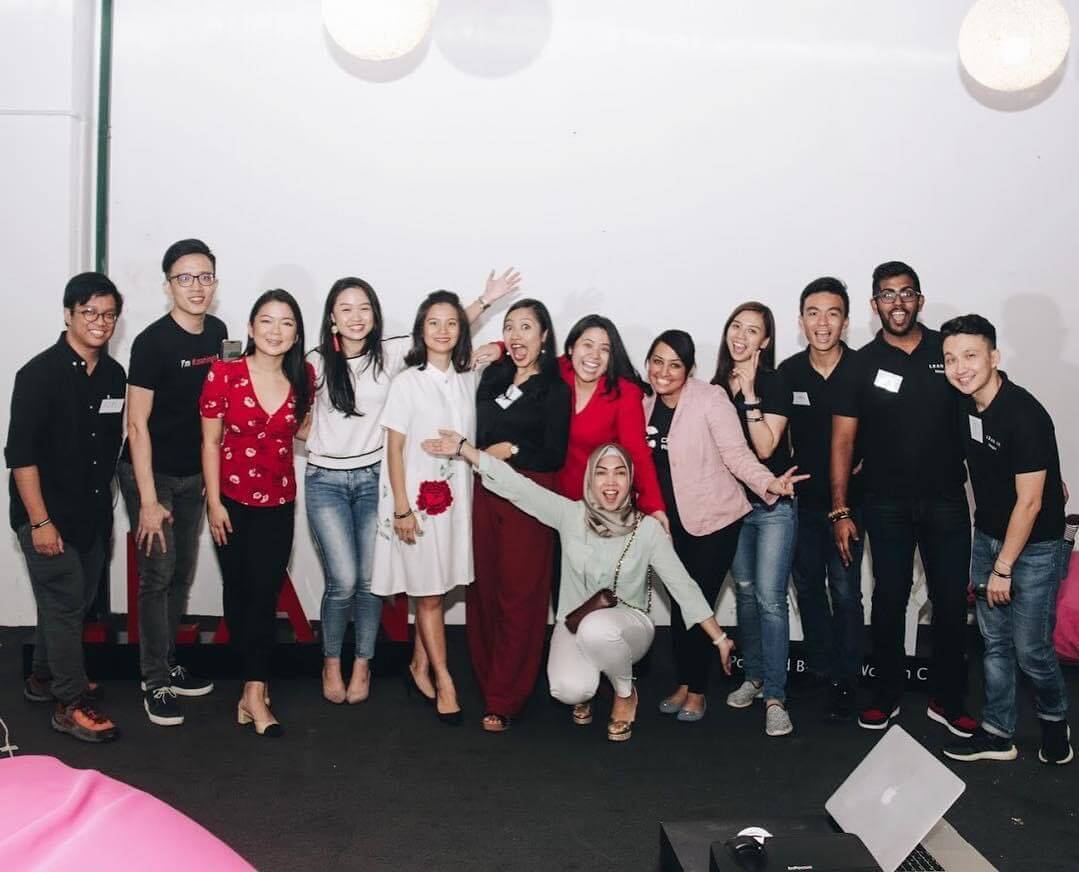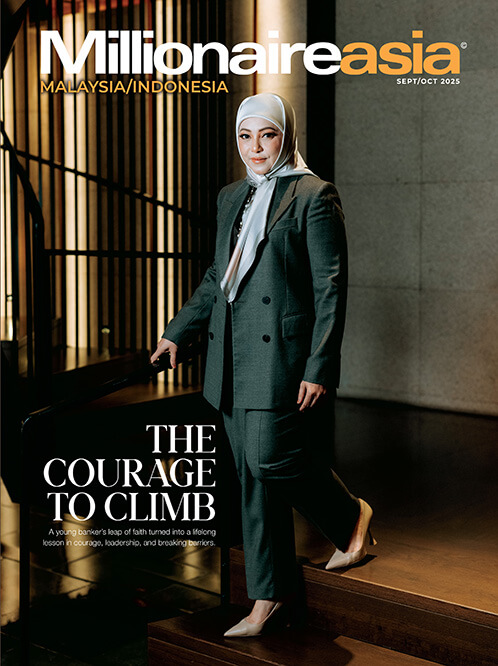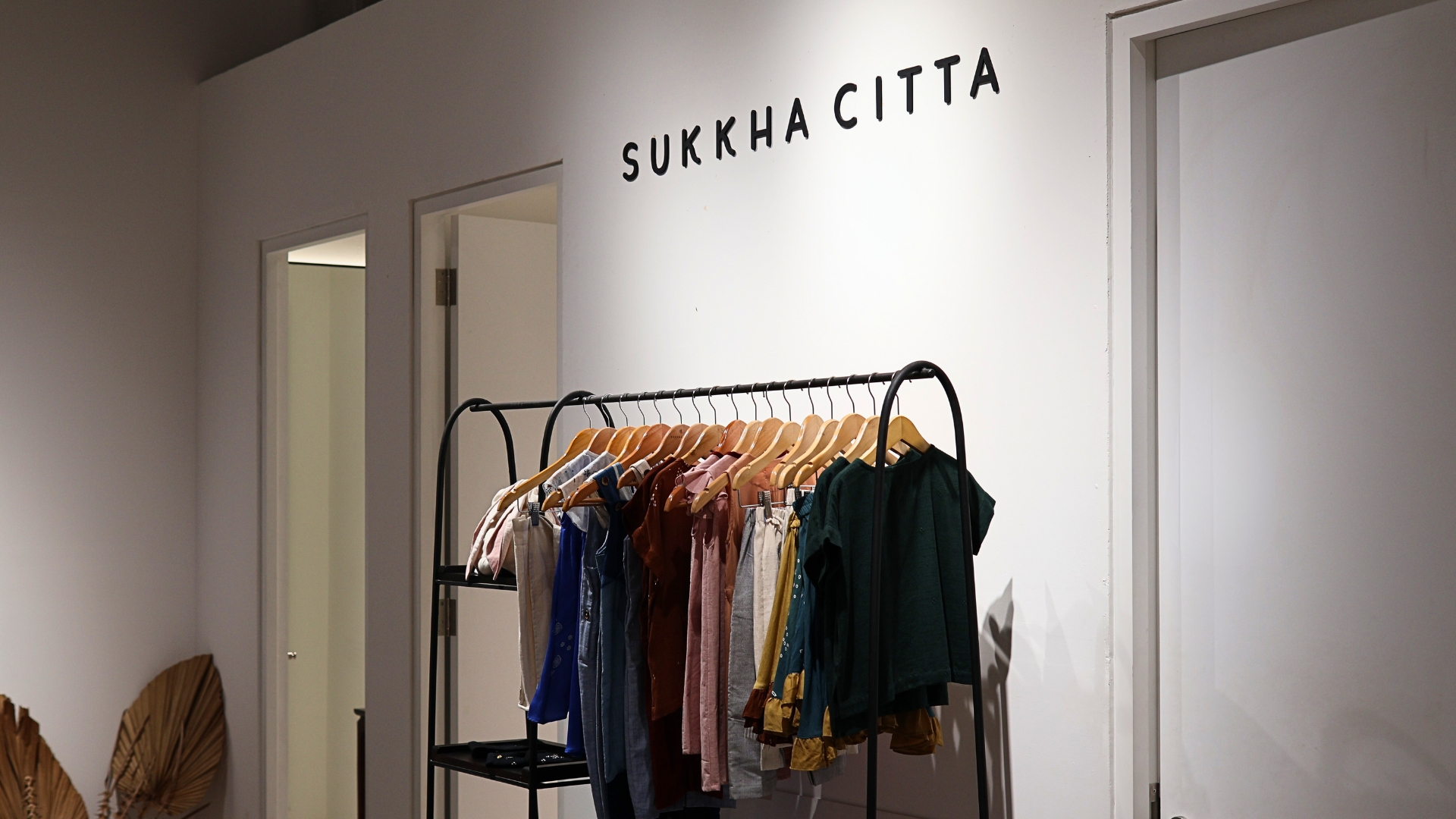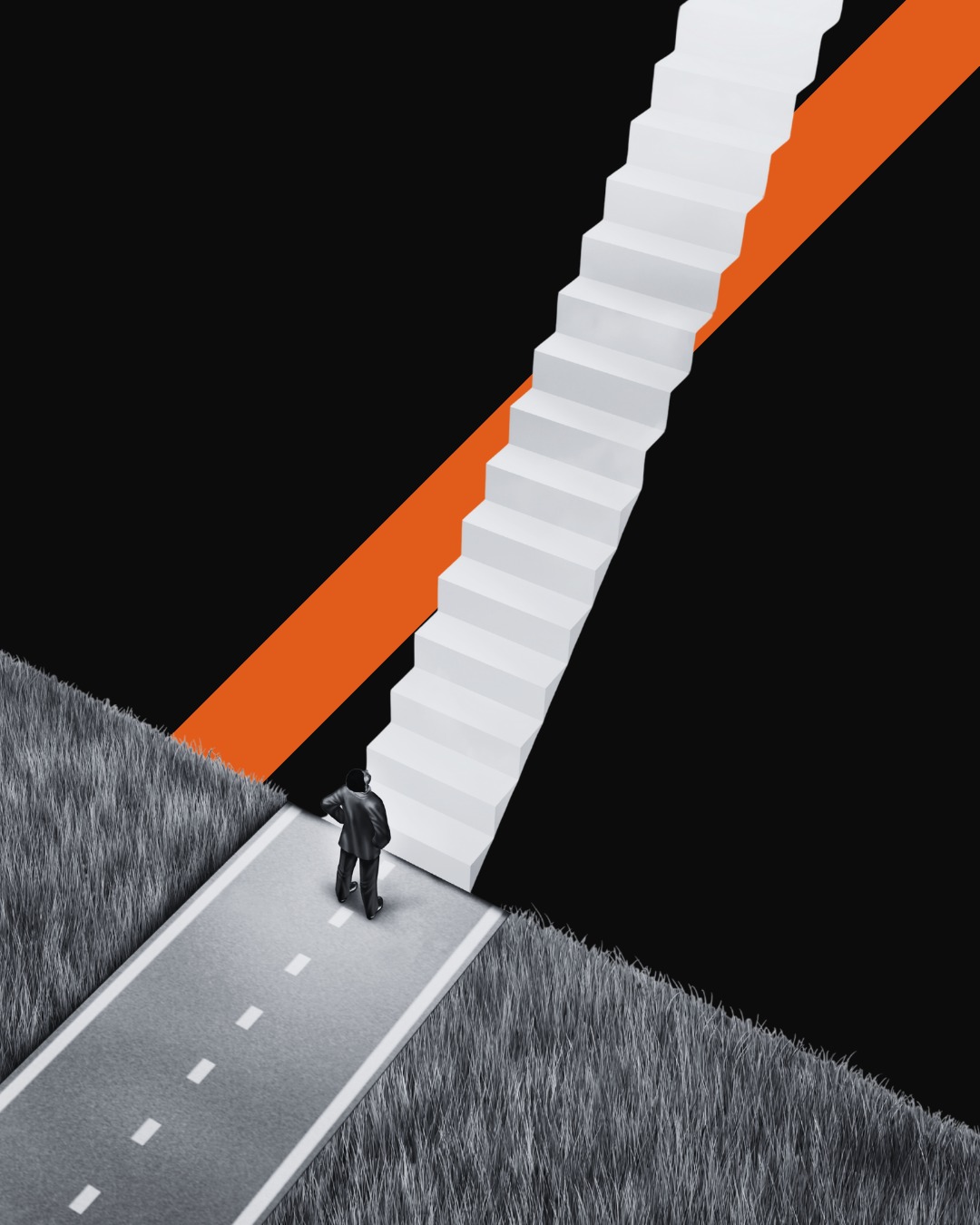If women are being educated, why are they not contributing as much as men to the economy? What’s holding them back from contributing fully to the workforce and living up to their potential?
Those were the questions Abir Abdul Rahim pondered over upon her return to Malaysia after her studies in the UK as a recipient of the prestigious Agong Scholarship.
Armed with a bachelor’s degree in actuarial science, and a master’s in actuarial management, she was excited to return and make her own mark in her home country.
But once she embarked on a career here, she began to realise the stark gender gap between men and women in the workforce.
Barriers such as societal expectations, limited access to mentorship and unequal advancement opportunities were holding women back in the workplace.
“I began working in Malaysia in 2011. At that time, the professional environment for women faced significant challenges. Personally, as a young woman, I often questioned whether there was a place for me to thrive professionally,” she tells MillionaireAsia.
“I received feedback from society about my role as a woman that did not support my ambitions or allow me to harness my fullest potential.”
Abir was in her mid-20s when she co-founded Lean In Malaysia in 2015, at a time when platforms addressing women’s empowerment with practical tools and resources were still scarce.
The aim was to build a community that could help uplift and inspire women, and equip them with the tools and resources – including workshops, networking events, and mentorship programmes – that they could use to take their careers to the next level.
It started out as an idea inspired by former Facebook executive Sheryl Sandberg’s book “Lean In: Women, Work and the Will to Lead”, which addresses how women can overcome obstacles to thrive professionally.
Abir says the read was a meaningful one.
“When I read the book, it was very resounding because it was telling women how to be in your career, how do you balance, and achieve your goals? Professionally, I love that book and I was able to relate to the values of that book,” she says.
She saw Lean in Malaysia as a community where women could connect, learn and grow together – and the idea resonated.
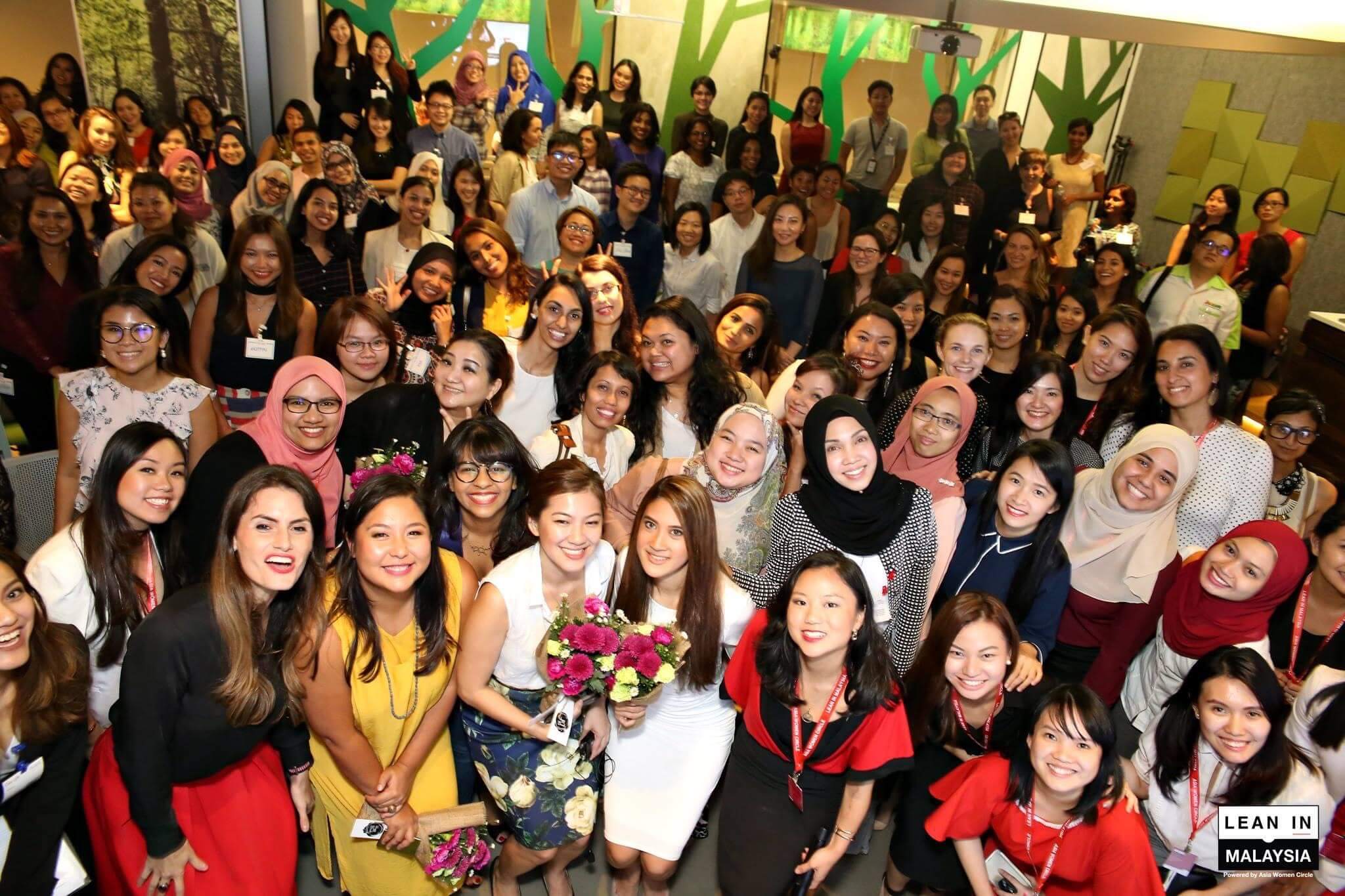
The little support group that could – which started with Abir turning to her own peers who were fellow professionals, mentors, and advocates for gender equality passionate about women’s empowerment – grew and grew.
Now, 10 years after its formation, it’s become a regional sisterhood that’s made a meaningful impact on the lives and of the women who’ve joined it.
Abir, who works in the takaful (an insurance paradigm in accordance with Islamic principles) industry, says: “When we first started out, I met a bunch of women who were looking for this answer and were asking the same question that I was. What is our role as a woman and why are we being taught that we’re not enough?”
Lean In Malaysia got the ball rolling with small gatherings at cafés around the Klang Valley area.
These were intimate affairs at first, with 10 to 15 women attending each session.
Within a year, this grew to an average of 100 attendees.
“Our first circle dialogue in early 2015 focused on coaching sessions covering personal and professional life aspects, including New Year’s resolutions,” says Abir. “As the circles evolved, topics expanded to include career navigation, women in STEM, healthy lifestyle choices, nutrition, fertility, and advocating for family-friendly policies.
She found that women were hungry for growth – and that they just needed an avenue of support to give them an extra push. So Lean in Malaysia decided to go big.
They held their first Summit in 2015 after few months of their formation at Berjaya Times Square in Kuala Lumpur.
The event attracted over 1000 attendees from both the public and private sectors.
That was a game changer.
Lean In Malaysia went on to attract scores of women drawn to the promise of community and support.
From its initial base of about 20 members, the community now has over 10,000 members across Malaysia, and approximately 300,000 members throughout Asia.
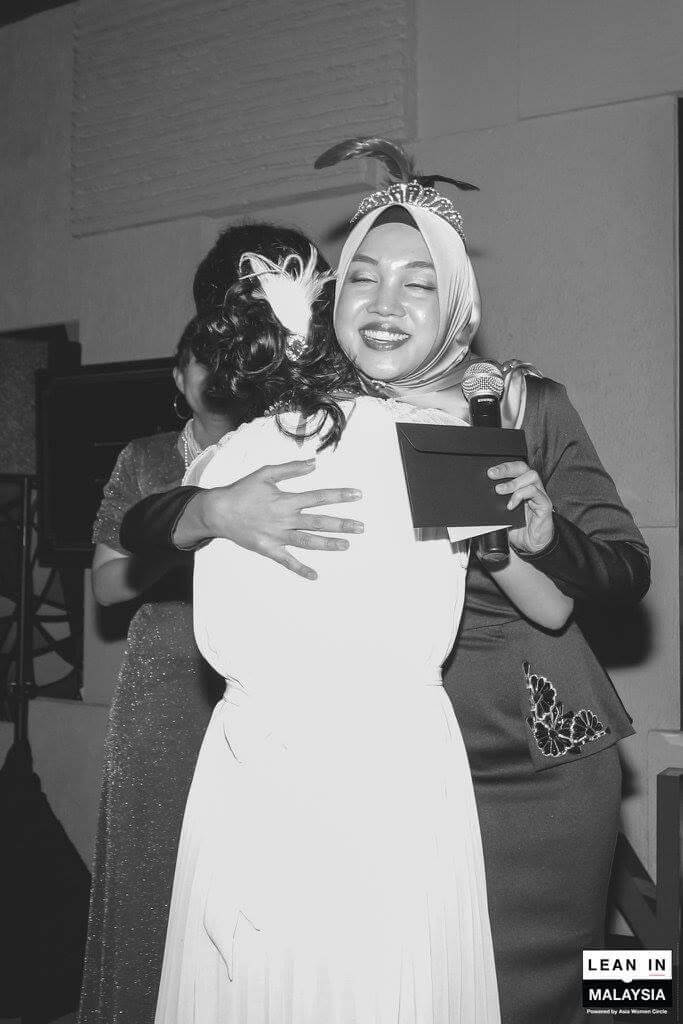
Levelling the playing field
Abir knows privilege plays a huge factor in success. Access to good education and connections, for instance, unlocks doors many don’t naturally have the key to. Therefore understanding the privilege that could help one attain success more easily is crucial for fostering empathy and recognising the barriers faced by others.
“It’s important for me to share my privileges with people who do not get access to that,” says Abir.
She wants to do her part to level the playing field, by helping women find the connections and network they need to pave their way to greater success, or sharing access to information and resources that will help women further their careers.
This helps women who lag behind overcome barriers to their success that are built into the system, and achieve their full potential.
“I think when we are so engrossed in our world, we dismiss the privilege that we have growing up,” says Abir. “Sometimes we fail to recognise the privilege in our lives and we often overlook the misfortune that is happening outside of our own bubble.”
She and her team have proven they’ll put their money where their mouth is. Lean in Malaysia is a volunteer-run organisation, and the community is more than willing to pay out of their own pockets.
“Our members have shown their commitment by personally covering expenses for events and initiatives,” says Abir.
Some members, for instance, have paid for their own travel to attend events, or made personal donations to support initiatives not fully covered by sponsorships.
“Doing this, we don’t get money in return. Nobody is getting paid,” says Abir.
“What we did when we first started, the founding members were going around Kuala Lumpur, knocking on doors to raise funds. Among us, there are working moms. Some are even already heads of their own departments, but they still carve out time for Lean in Malaysia even during lunch or dinner hours.”
That shows that they have faith that they’re doing something important.
And it underscores the community’s genuine investment in advancing women’s empowerment despite financial constraints.
Over the years, that belief and passion won them support from external partners, including a stable of experts, professionals and coaches who come on board to contribute their knowledge and expertise, as well as sponsors to help relieve the financial burden of the organisation.
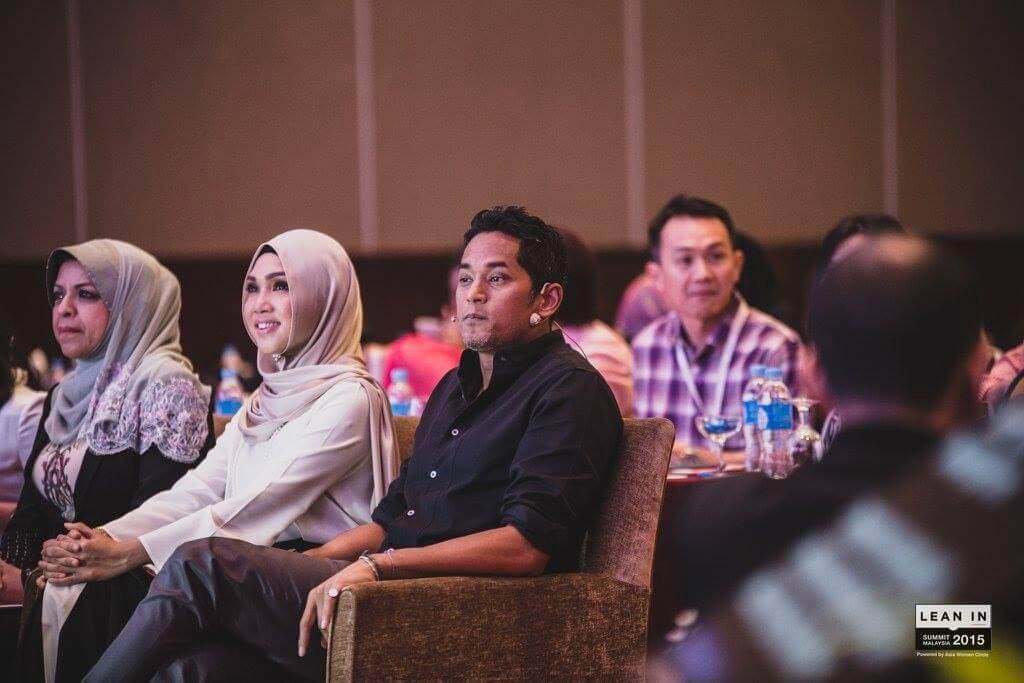
Metamorphosis
Building Lean in Malaysia has been a transformative experience for Abir.
“To me women empowerment is still about creating opportunities for women to live to their full potential and doing right things,” she says.
“It has changed me a lot as a person and reinforced me in my commitment towards gender equality and providing a sense of purpose and fulfillment in driving meaningful change.”
And, she emphasises, Lean In Malaysia is not anti-men.
The community recognises male allyship as a crucial component in achieving gender equality. Men play a key role in challenging gender biases and advocating for equitable practices.
“At first glance, Lean In Malaysia may seem like a network solely focused on empowering women, but our approach also emphasises meaningful engagement with men to dismantle gender barriers,” she adds.
It’s about setting the right tone, and bridging the gap between men and women at the workplace – and creating an inclusive environment where both men and women collaborate to address gender disparities effectively.
“One of the challenges is making sure we are getting an audience that is made up of men and women.”
“We’re cautious, and use the right words when we introduce ourselves. We had to curate our content very strategically, make sure the topics of our master class are something that is relatable to both men and women,” she says.
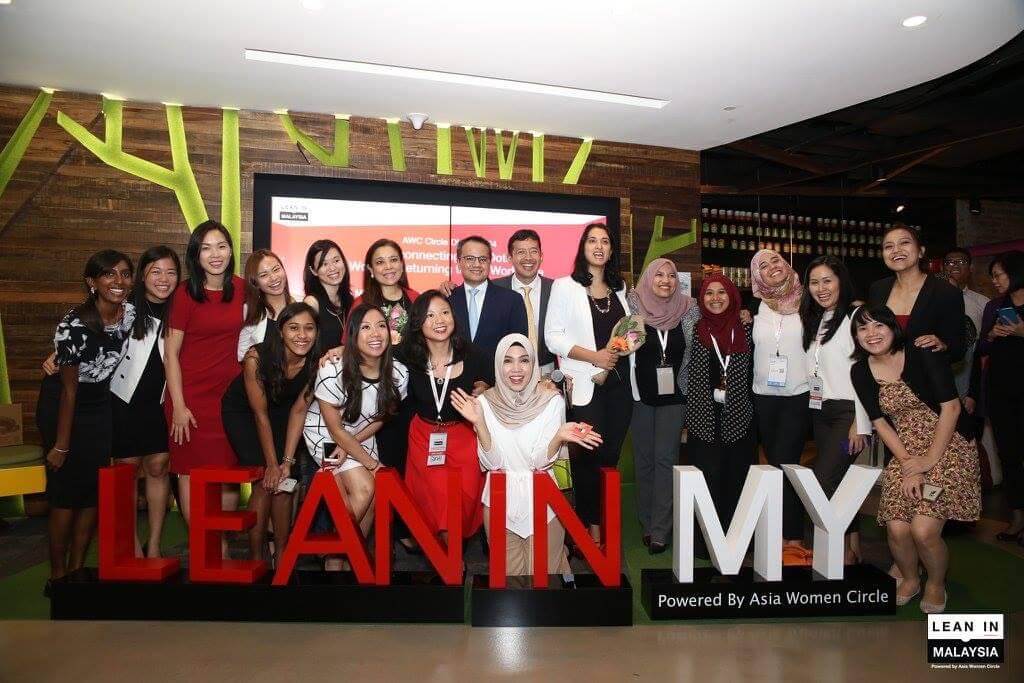
Sustaining the legacy
Women have gained more visibility at the workplace today, and more of them are scaling the career ladder to greater heights.
The rise of friendlier workplace policies such as remote work options, flexible hours, and parental leave, have significantly improved workplace environments for women.
But there’s still a long way to go to change the narrative.
Abir is confident her community of women will keep on going and growing. One of her missions is to keep on bringing new blood into the organisation, inspiring and bringing together young minds to run the platform and be its new generation of leaders.
“I’m glad to have come across the supportive community that we built. For example every single mentorship program that we launch every year mostly are self-organised,” she says.
Members and program participants are so motivated that they themselves come together to organise connections through platforms like WhatsApp groups. While Lean In Malaysia facilitates the initial setup and provides resources, the ongoing organisation and engagement are managed by the participants themselves.
“This approach fosters community and self-management, empowering members to take ownership of their professional development,” she says.
In order to stay relevant, Lean In Malaysia keeps itself updated on new demands and trends, refreshing itself to welcome new ideas and curate customised programmes aligned with market trends.
“Rather than concentrating on a specific industry, we monitor broader trends that impact women’s professional advancement across the board,” says Abir. “The management team and content changes every year, because we also want to make sure that we are relevant to today’s trend and topics.”
As the platform grows, she aims to continue enhancing it, with programmes such as personalised mentorship.
“We have only been around for the past 10 years. This is going to continue. It’s not just a one off thing, but it’s a continuous impact,” says Abir. “I can say that we have created a ripple in the water.”
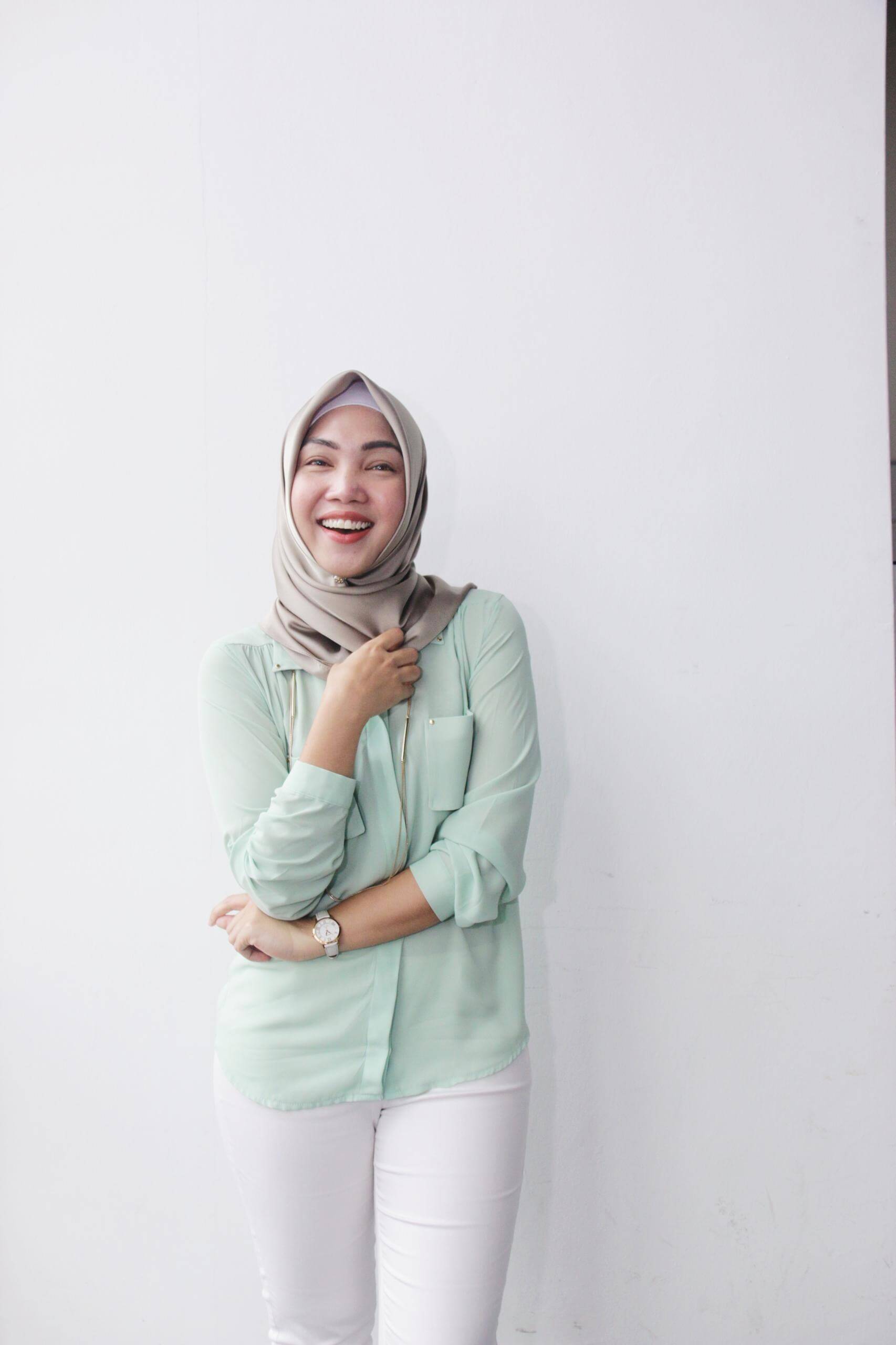
Hope for the younger generations of women
With the raft of policies and moves to create a more inclusive and equitable workplace, Abir sees much to be optimistic about.
She hopes with these developments, women can feel more assured and emboldened when it comes to pursuing their careers.
“It’s a good thing to see a lot more companies coming out with six months maternity leave, more platforms talking about mental health issues,” says Abir. “But what is still missing is our women contributing to the economy.”
In Malaysia, women’s workforce participation was around 55.4 per cent in 2023, compared to 74.4 per cent for men, according to World Bank figures. And the Malaysian Global Innovation & Creativty Centre found that women entrepreneurs contribute about 20 per cent to Malaysia’s GDP, and face barriers such as limited funding and networks.
Stepping into a new era, Abir hopes to see the younger generation of women value themselves more, go after their dreams more aggressively, and try to contribute to their fullest potential at the workplace without fear and limitations.
Lean In Malaysia’s key mission is also to educate, enable and empower women to be the best version of themselves, both professionally and personally and get more women in leadership positions across all sectors.
“Personally I want to see the impact where a lot more leaders are women and younger girls are ambitious, know their purpose and be unapologetic with their ambitions,” she says.
“Know the world is big and there is so much to explore.”
